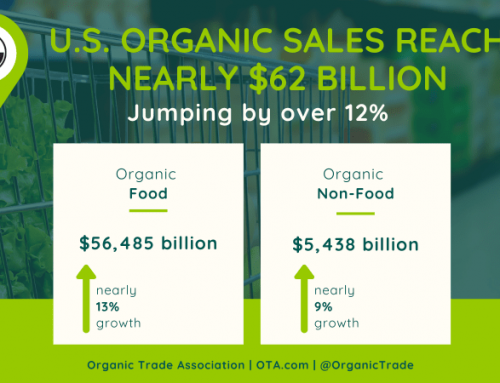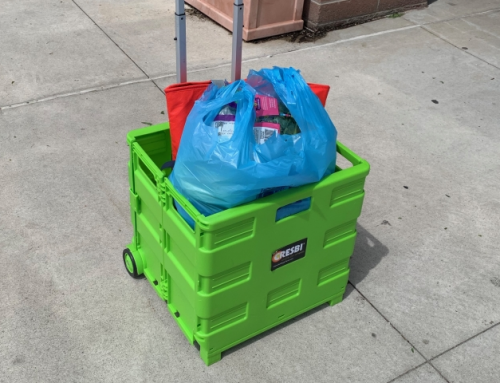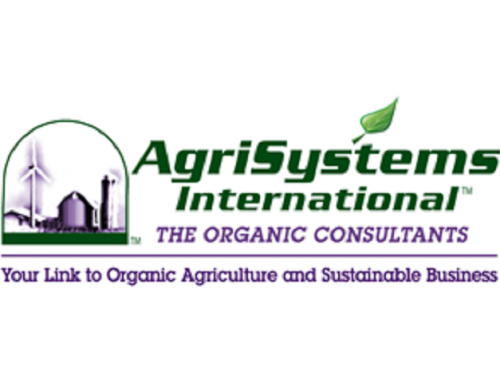U.S. Sales of Organic Products Grew 11% to $43.3 Billion in 2015
By Steven Hoffman, Compass Natural
Driven by a groundswell of steadily rising consumer demand for healthy, environmentally friendly food produced without the use of toxic, synthetic pesticides and fertilizers, antibiotics and growth hormones, irradiation, genetic engineering, and often inhumane treatment of animals, sales of organic products in the United States hit a record high in 2015, posting 11% growth to reach $43.3 billion in sales, according to the Organic Trade Association’s (OTA) newly released 2016 Organic Industry Survey. Nearly 5% of all food sold in the U.S. is now organic, the survey reported.
The 11% growth rate for organic products is significantly ahead of the 3% growth figure reported for the overall food industry, reports Food Navigator USA, something major multinational food companies are certainly noticing as they continue to enter the organic market through product launches or, as is proving to be more often the case, acquisitions. (See Dr. Phil Howard’s amazing infographic on the history of acquisitions of leading organic brands, updated June 2016.)
Organic Produce Now Accounts for 13% of All Produce Sales
Organic produce dominates all organic product categories with sales of $14.4 billion, up 10.6% in 2015, however, other segments also showed impressive growth, including organic fresh juices & drinks and organic eggs, with sales increases of more than 30% recorded over the previous year.
Of note is that nearly 13% of all produce now sold in the U.S. is organic, says OTA. Dairy, the second largest organic food category, grew 10% to $6 billion in sales, accounting for 15% of total organic food sales.
“Farm fresh foods – produce and dairy – are driving the market. Together, they account for more than half of total organic food sales. The organic market looks like a healthy plate,” said Laura Batcha, CEO of OTA. That said, the organic snack food category posted $2.3 billion in sales, up nearly 14%, she observed.
Growth in the non-food segment also showed great promise, including organic fiber and clothing and organic dietary supplements. With sales of $3.6 billion and growth averaging 13%, the non-food sector outpaced the overall organic market in 2015.
Source: Organic Trade Association
Supply Chain, Production Still Behind Consumer Demand
To satisfy the double-digit demand for all things organic, the number of certified organic producers in the U.S. hit a record high in 2014, reported the U.S. Department of Agriculture (USDA) in April 2016.
According to market data released by the National Organic Program (NOP), there are now 21,781 certified organic operations in the U.S. The number of domestic certified organic operations increased by almost 12% between 2014 and 2015, representing the highest growth rate since 2008, says NOP.
However, growth in the organic market has presented continued challenges to the supply chain, and production still lags consumption. “Dairy and grains were two areas where growth could have been even more robust in 2015 if greater supply had been available, said OTA. “There is an industry-wide understanding of the need to build a secure supply chain that can support demand. This goes hand-in-hand with securing more organic acreage, developing programs to help farmers transition to organic, and encouraging new farmers to farm organically.”
When asked about concerns over the price difference between conventional and organic food at a recent food industry conference, Batcha said, “I’m not sure you’ll ever see price parity until the food policy system around organic changes. There is a reason why cheap food is cheap, but that said, we’re seeing increased accessibility to organic food. But we all need to care about organic farmers having a livelihood. There is a premium at which if you go below it might not make sense for farmers to participate. Data suggests it’s around 10%.”
Steven Hoffman is Managing Director of Compass Natural, providing brand marketing, PR, social media, and strategic business development services to natural, organic and sustainable products businesses.











Leave A Comment